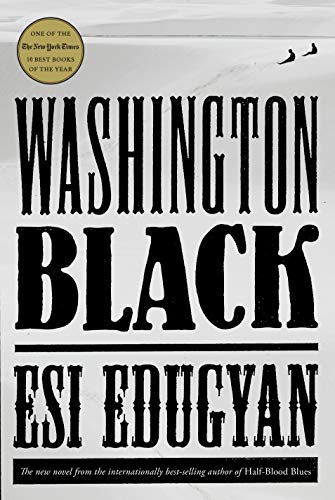Milkman by Anna Burns
Middle sister stands out in an unidentified city for the wrong reasons. For one, she reads while she is moving. She has also been attending French night sessions in the city. So when the milkman, a local paramilitary, starts looking for her, she suddenly starts to act “interesting,” which is the exact opposite of what she had always intended to do. Even if the middle sister makes an effort to avoid him and prevent her mother from learning about her potential partner, rumours persist and the prospect of violence looms. In a time when the wrong flag, the wrong religion, or even a sunset may be subversive, the story of Milkman shows how inaction can have significant consequences. Milkman makes Anna Burns one of the most important voices of our time thanks to her furious intensity and subtle, cruel humour.
Milkman by Anna Burns
165 used from $1.49
Free shipping
Language is skillfully, artistically, and evocatively used by Anna Burns. In the backdrop of a young woman in a tiny, unnamed town who cherishes discretion and unnoticedness but is keenly seen and seen by a nearby Man of Consequence, she examines the roles of power, gender, and social mores. The book explores how she conceals herself from others, herself, and attention, and how her very attempts to concealment bring her to this thug and the neighbourhood’s attention. Names are not revealed until far later in the book. Because the conflict between knowledge and ignorance, notoriety and anonymity, power and helplessness exists constantly, this story’s lack of names for persons and locations lends it a timeless quality that makes it applicable anywhere, at any time.
irrespective matter the time period or location. This is not a simple read due to the language. But if you stick with it, I think you’ll enjoy the book—especially if you spend some time learning more about some of the parts of the plot that accurately depict Irish history.
The main character, anonymous Middle Sister, an 18-year-old woman, tells us in the present tense about the events that are taking place around and above her over the course of just a few months. A contemporary and historical profile of nameless communities (I presume Belfast) filled with lithe, criminally inclined, politically bloated, blighted as well as pleasant residents emerges through rambling lines peppered with recollection and speculation.
Burns expertly captures the misery of surviving in a culture that is oppressive and plagued by fear and tribalism. I had to persuade myself to continue reading Burn’s deeply emotional, fictitious tale and to come to terms with the spectral presence of brutal IRA nationalists and clumsy British occupying soldiers.
Milkman, a key member of the opposition, is after Middle Sister. He is a looming criminal, married, and in his 30s. Even without touching, the threat of just being around him is too intimate, visceral, and overwhelming. She is quite courageous. She believes she must defend her bisexual Former Boyfriend, watch out for more than just venomous remarks, defend herself from the cynical perspective of her Best Old Friend, and ignore the ongoing bullying she receives from her mother, First Older Sister, and others. She has to deal with the attention of Somebody McSomebody, a young, pitiful neighbour who attacks her in the bathroom after being rejected as a suitor.
The fact that our narrator, Middle Sister, is trapped in a hostile gossip culture where actors obsessively fabricate lies about her, disarm her, and confine her in a silo of alienated silence, maybe the most terrible aspect of all. We wait impatiently beneath verbal barrages for something to release her from the trap. Burns does an excellent job of conveying the conflict between Middle Sister and those closest to her as well as the events that surround her in a way that is yet terrifying, humorous, and wholly convincing.


 Amazon.com
Amazon.com 




